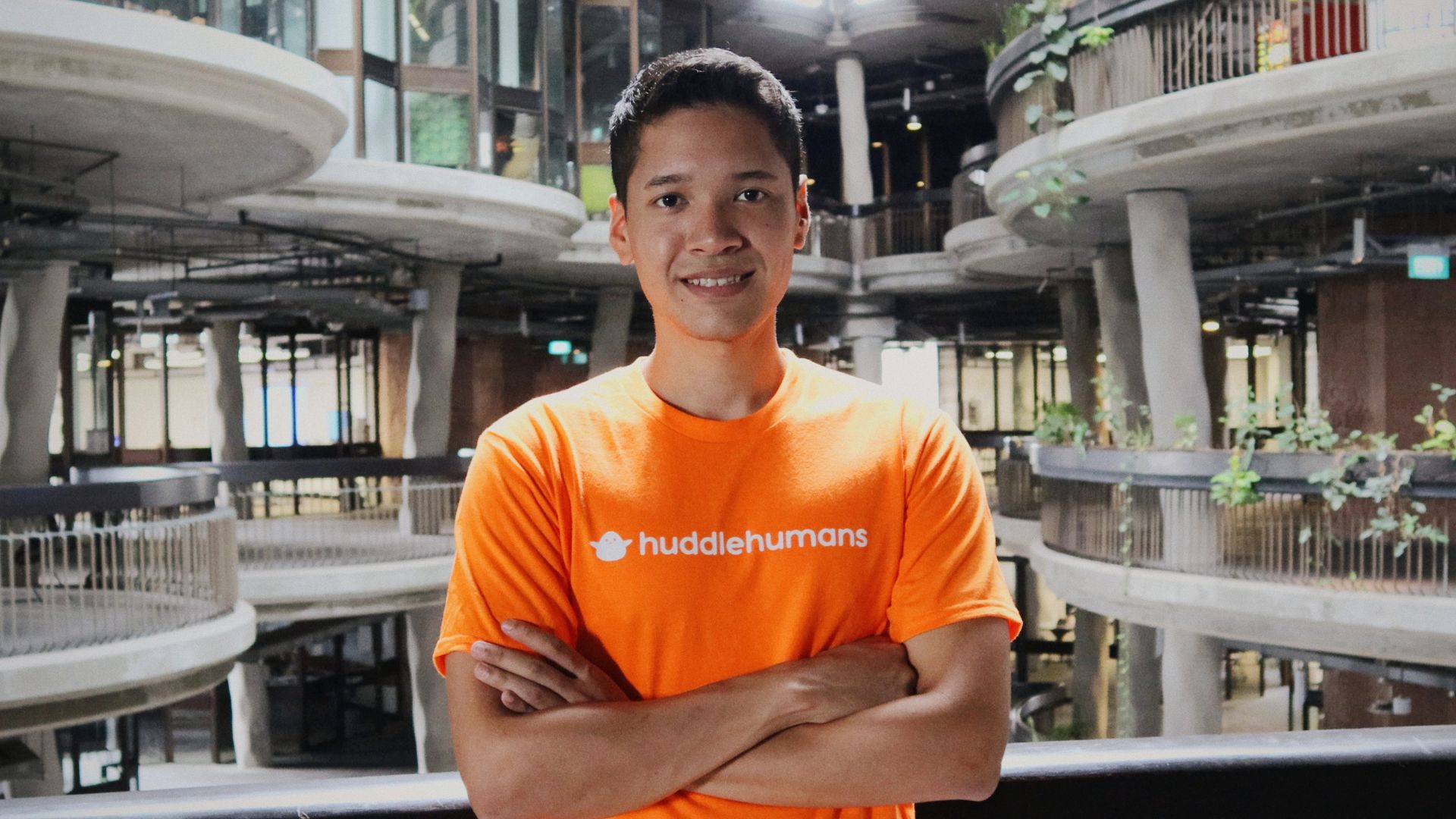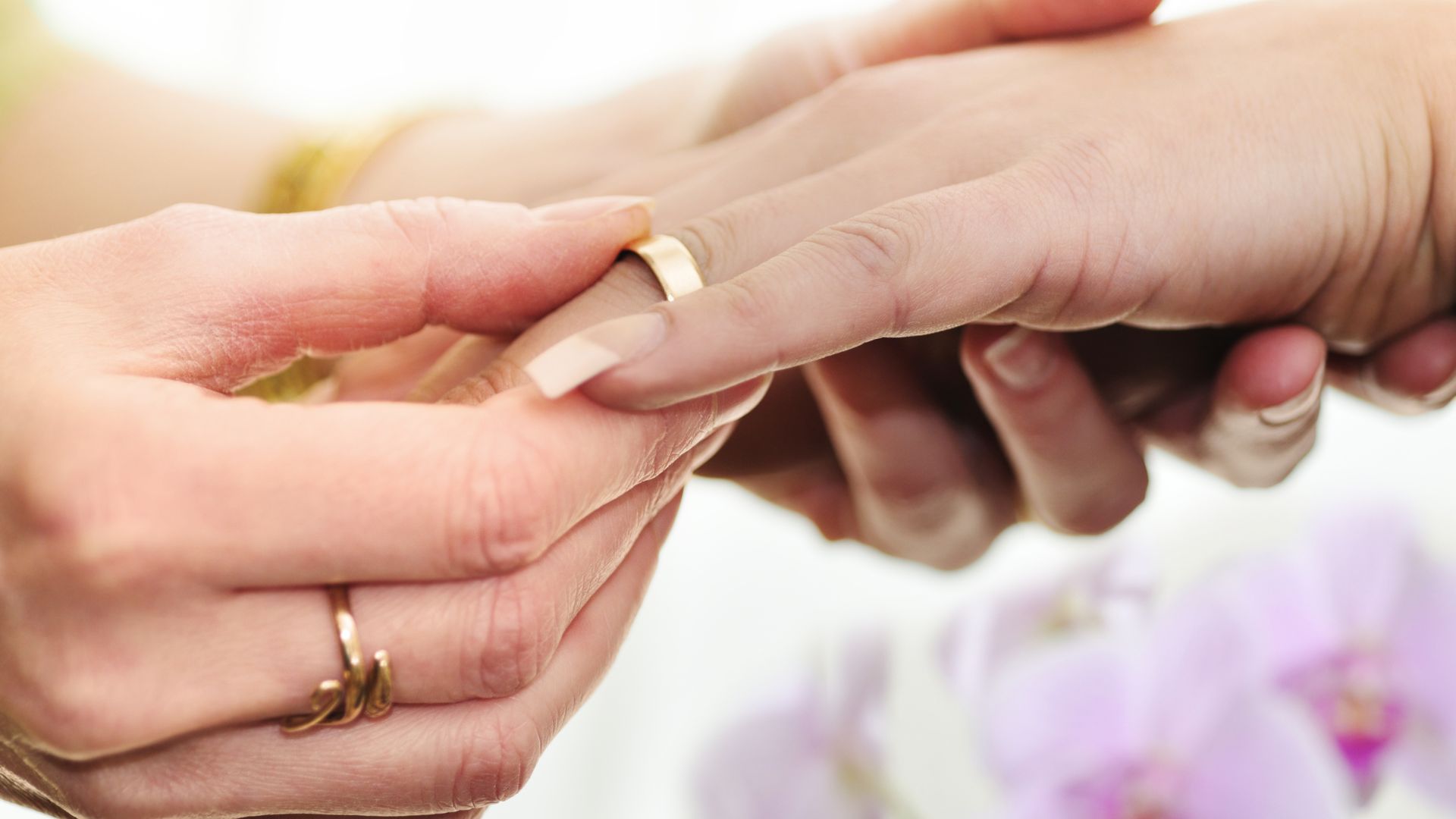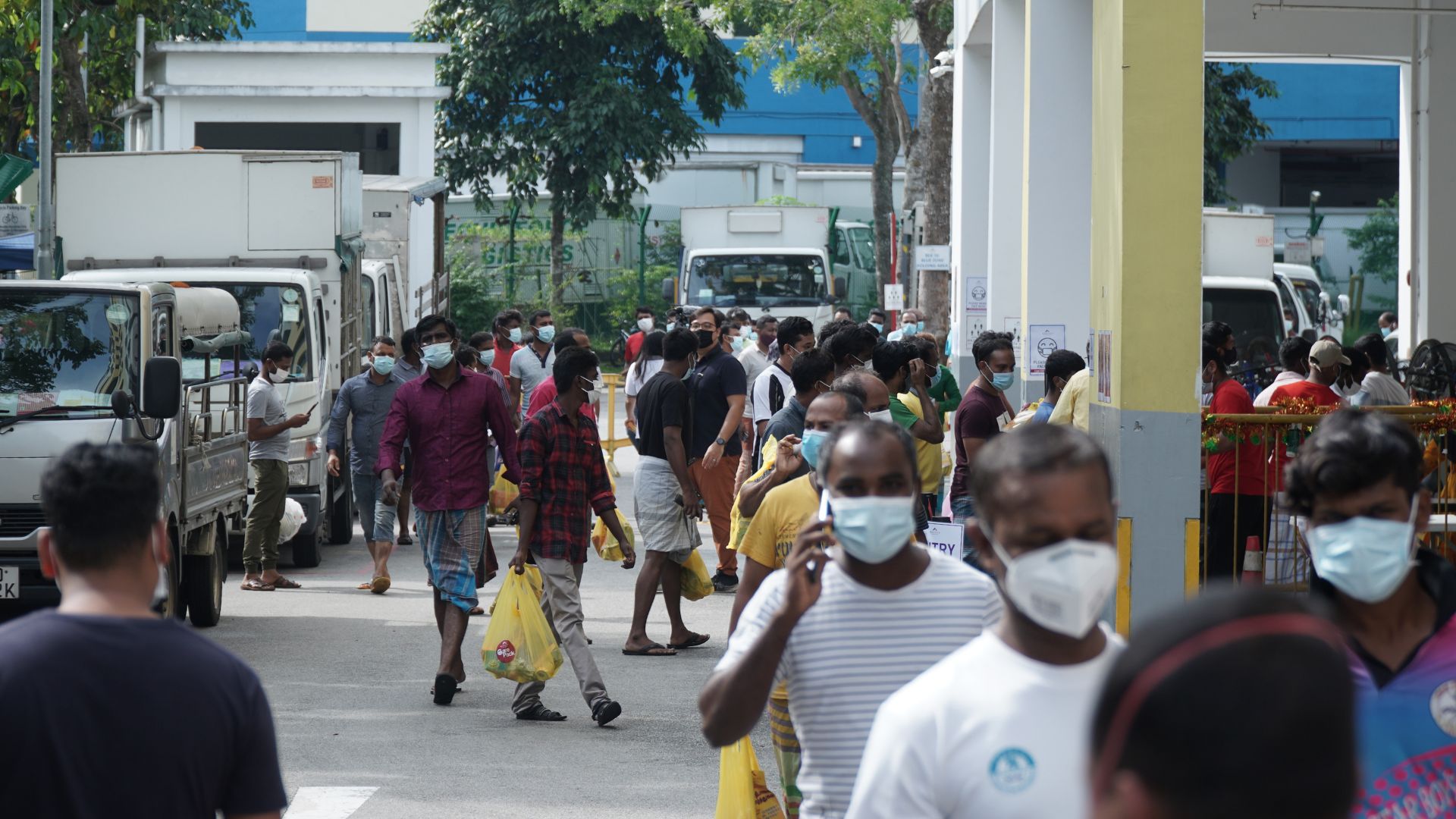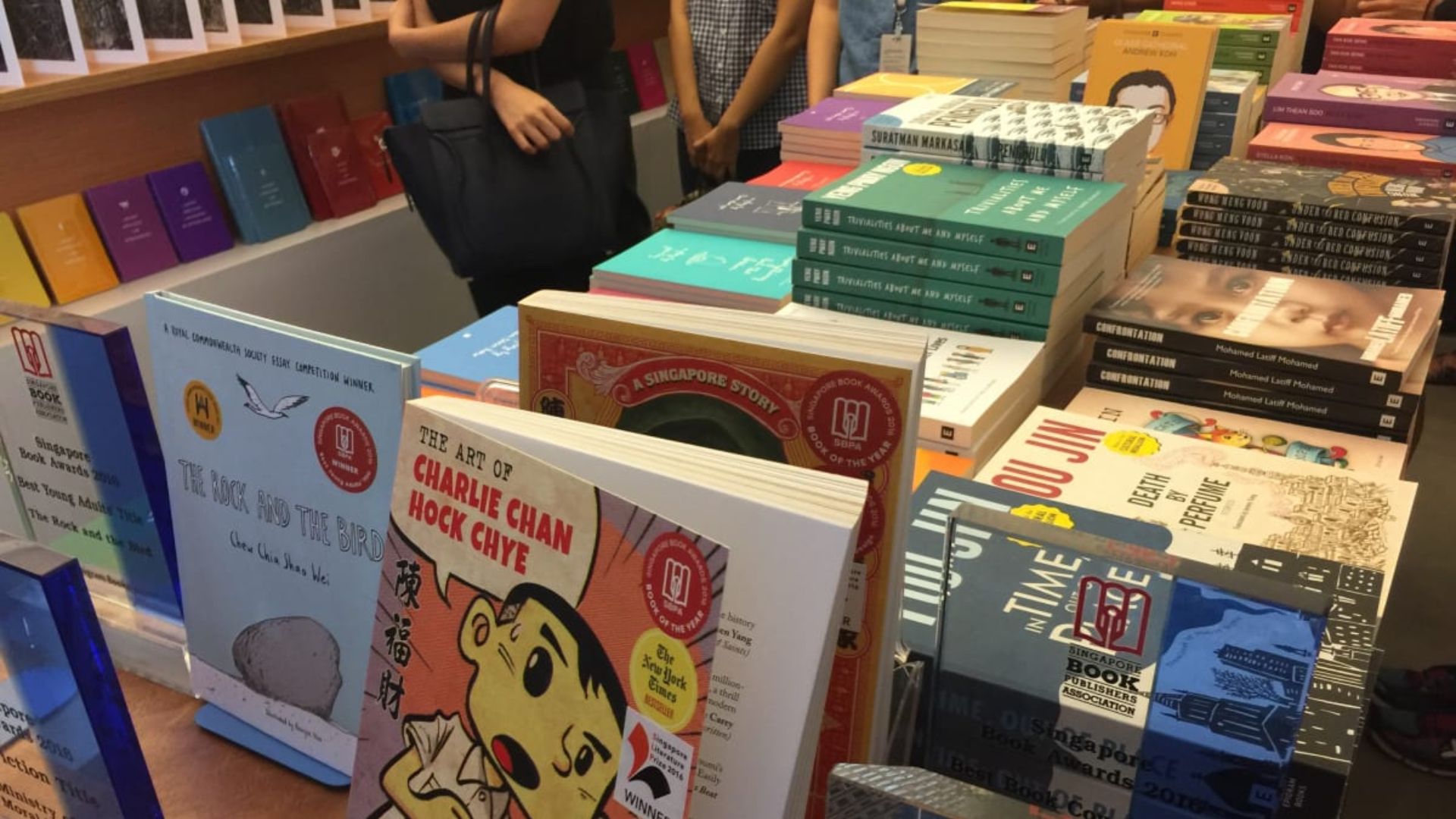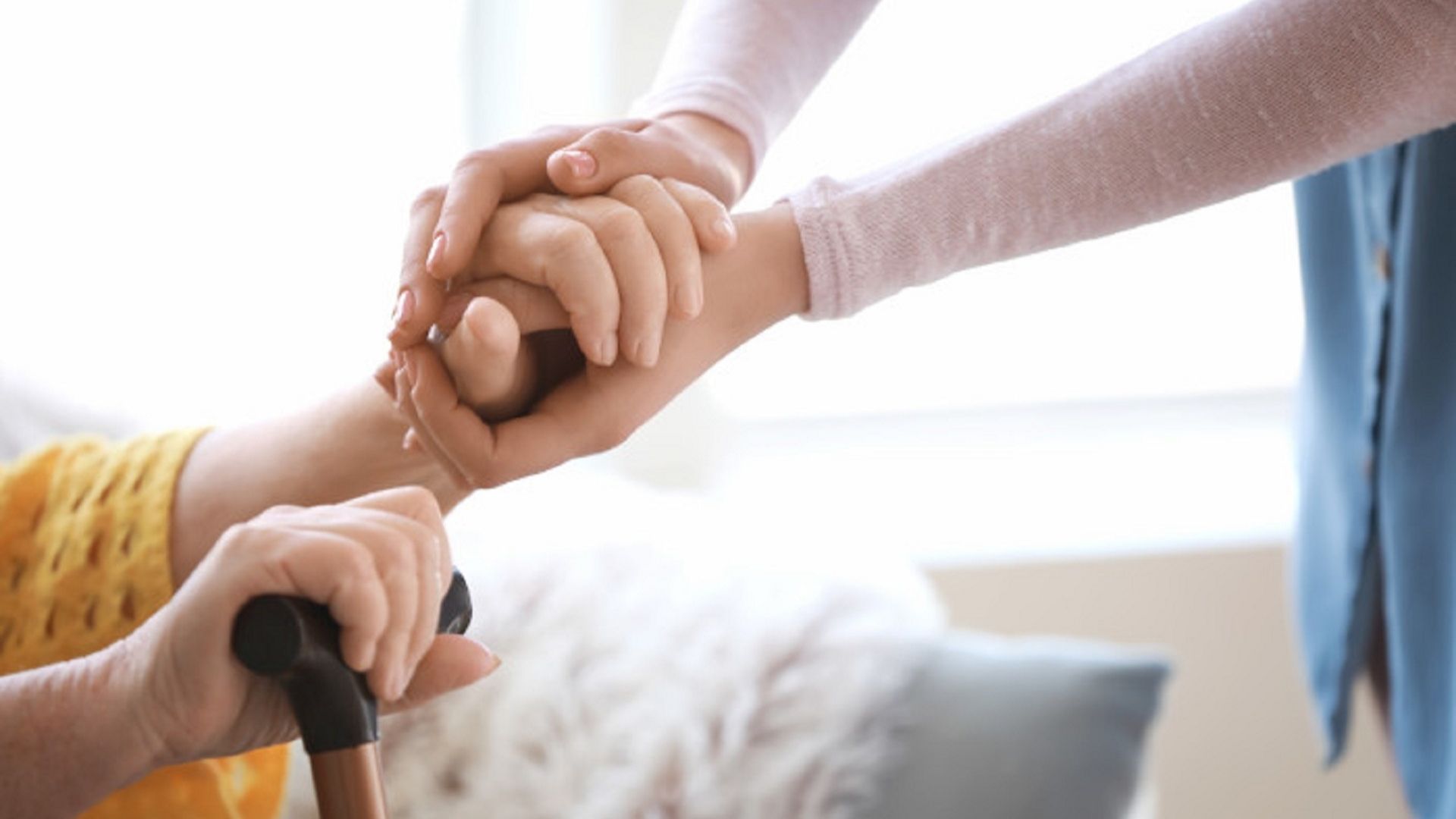In an increasingly digitalised society, almost every aspect of your personal life is publicly broadcasted online and under the scrutiny of others. The fact that this had personally traumatised Mr Viaano Spruyt that he, then a 19 year-old intern waiting to be called up for National Service, created a virtual space for youths to huddle and share their struggles with mental health.
“I experienced the trauma of trying to seek mental support from my episodes of anxiety as an teengager. Back then, I was going through a hard time and I finally mustered up the courage to actually seek help by going to a local doctor, but I was eventually rejected because I was too young and my parents weren’t with me throughout the appointment, which I found as a ridiculous reason,” says the 25 year-old founder and CEO of Huddlehumans.
Huddlehumans is a global platform that strives to bring people together to challenge the social norms and stigma surrounding mental health. It provides a safe and non-judgemental portal for those with mental health issues to congregate and share their experiences.
Recognising that mental illness is often an area shrouded in taboo and stigma, Huddlehumans made it its global mission to normalise mental health and break down barriers that prevent the disadvantaged from accessing mental health support.
“We hear many stories of the old Woodbridge Hospital, now the Institute of Mental Health (IMH), being a home for the ‘crazies’. And I remember being influenced by people who told me to stay away from this hospital, because (if I were to) hear the patients in the hospital scream, it would also cause me to be mentally unsound,” says Mr Spruyt.
He adds: “I found it so disturbing that people would tell children that these mentally-ill people belong to a world of crime, moral failings or poor upbringing. It is because of this that I am inspired to change the way people treat the mentally unsound and that everyone should support and accept one’s mental issues instead of looking down on them and casting them aside.”
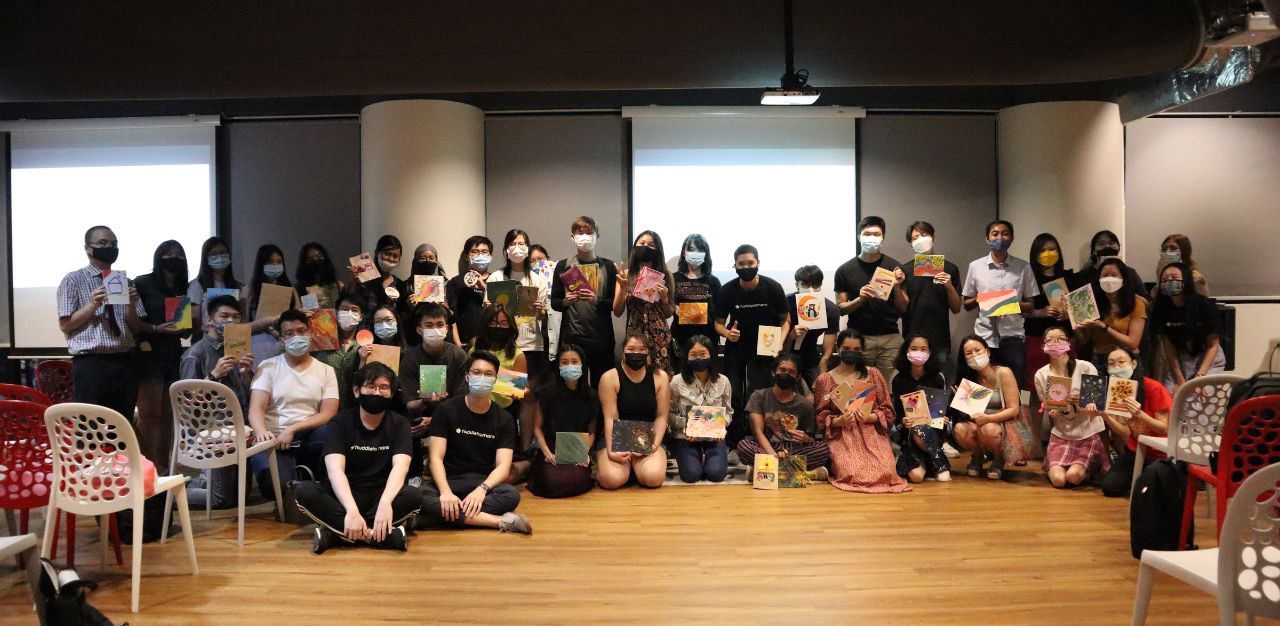
Since Huddlehumans was launched in 2017, it has established several communities on platforms like Telegram and Discord where there are about 50,000 daily active users from regions like South Asia, Europe and the Middle East.
“Going through that experience firsthand, I can only think of the similar experiences of other youths, especially those here in Singapore, who are actually trying to seek support for their mental health experiences like depression and anxiety. I do not want anyone else to go through what I did and feel isolated in his struggles with mental health,” Mr Spruyt says.
TheHomeGround Asia speaks to Mr Spruyt as he takes us on his journey as a young CEO, the importance of mental health, and his desire to enact social change.
TheHomeGround Asia (THG): You started Huddlehumans at just 19. What were some challenges you faced doing this as a young man?
Viaano Spruyt (VS): I started Huddlehumans in 2017 around the time I finished my final internship at IMH, and I was just about to enter National Service. I started it alone, at the beginning — from graphic design, coding, and holding online events — I had to do just about everything to put Huddlehumans on the map.
Then, I was fearful that I would be judged and ostracised by friends, family and even the public for embarking on a subject that many consider to be taboo.
Initially, I did all of it anonymously because of the stigma that is attached to mental health. But nearing the end of my NS, I realised that I could not do this alone. There’s only so much I could do by myself. I started to rope in one of my closest friends to help, especially on things such as operational and the legal aspects of a start-up. That was when it grew from just myself into a team of close to about 30 people being in charge of various fields — you know, my advisory panel, the main team and moderators from all over the world.
I simply wanted to provide an avenue to support people out there who have no one to turn to, like when I experienced it and understood how it felt like to be isolated, invalidated, and turned away when I was seeking help.
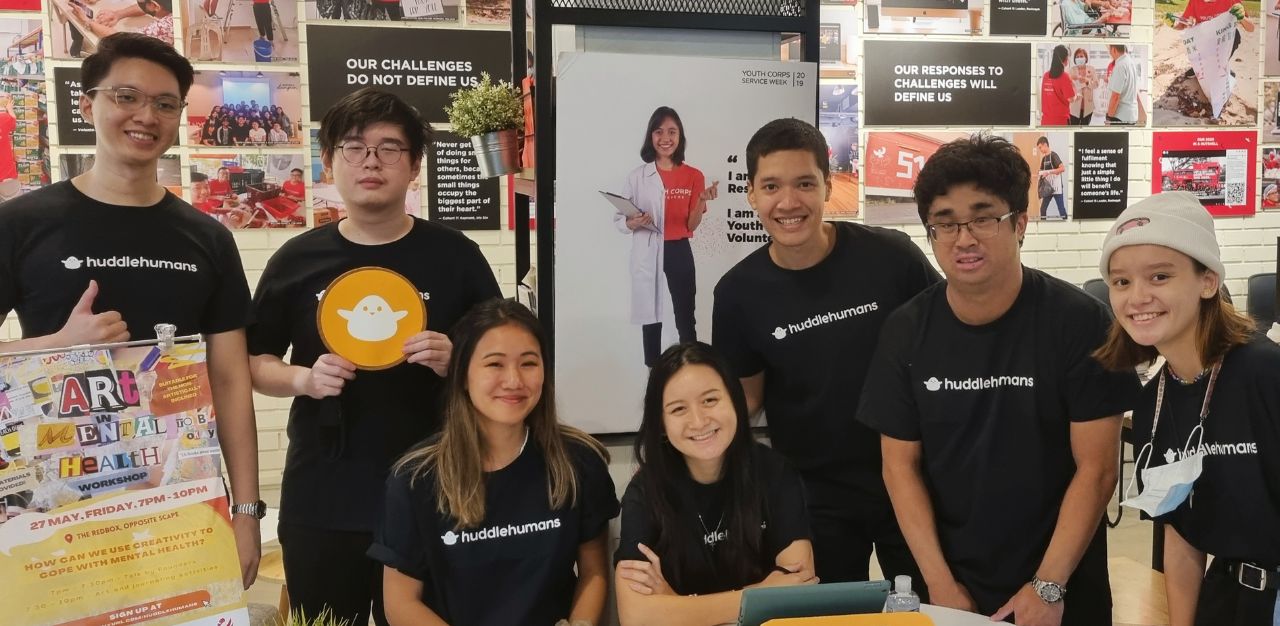
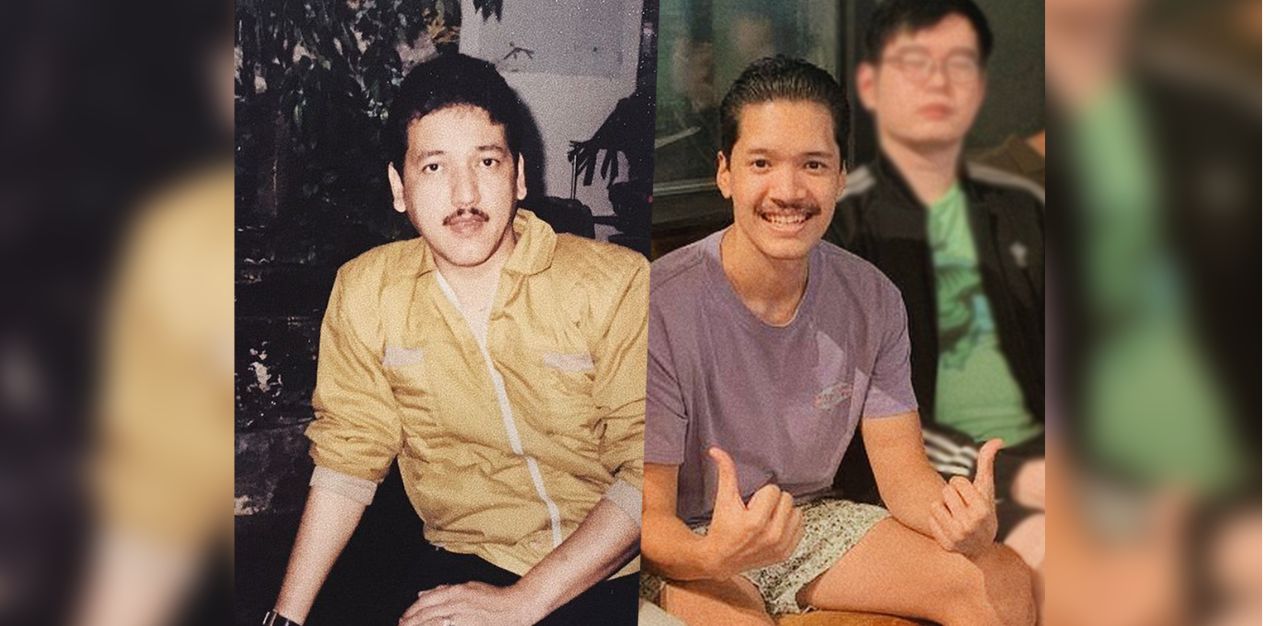
Perhaps the biggest challenge I faced was the sudden passing of my father. It was during the early part of Huddlehumans. He was a huge part of my life and losing him was very tough. It was a very difficult time. I don’t know how but I found the courage and strength to keep pursuing this passion project of mine. I just felt like it was what my father would have wanted me to do. He wanted me to be happy and follow my dream of making the world a better place.
THG: Why did you choose to leverage technology platforms like Telegram and Discord to start your community, and not go through the traditional routes like counselling or psychotherapy?
VS: I felt there was a gap when it comes to the social aspect of mental health. Statistics by the World Health Organisation (WHO) showed that two out of every three people with mental disorders do not even seek help from a professional. And that got me thinking. Why are people not getting out of the house and seeking support? It made me realise that there’s an underwhelming lack of mental resources and support. The first layer of support is not there and that’s where Huddlehumans comes in.
That’s why we provide a platform, which is non-judgmental, safe, and affirming, where people can be anonymous and sympathetic people will actually listen to them talk about their mental experiences. I’m not disregarding research-based medications, doctors and psychologists, but I feel that there’s a gap in the social aspect, should I want to look at mental health from a holistic perspective. I just wanted to fill that gap.
The reason why I used Telegram and Discord initially was because it had a lot of features. Telegram allows for more general mental health chats, whereas discord is more like an integrated forum. It’s for a more in-depth and diagnosis-specific mental health categories like depression, anxiety, eating disorders.
Our users go on these forums where they can discuss symptoms and find support. It’s really just providing that first layer of support, where people can congregate and share their mental health experiences.
Technology can be a polarising topic for many, and I cannot deny its capability to solve problems at scale. Everyone uses a mobile phone so you can just access support straight away. The tricky bit here is to balance and extract the positives of technology while ensuring that the human and emotional connection is not lost in the process. By using Telegram and Discord, these tech platforms help Huddlehumans reach out to the people from all over the world.
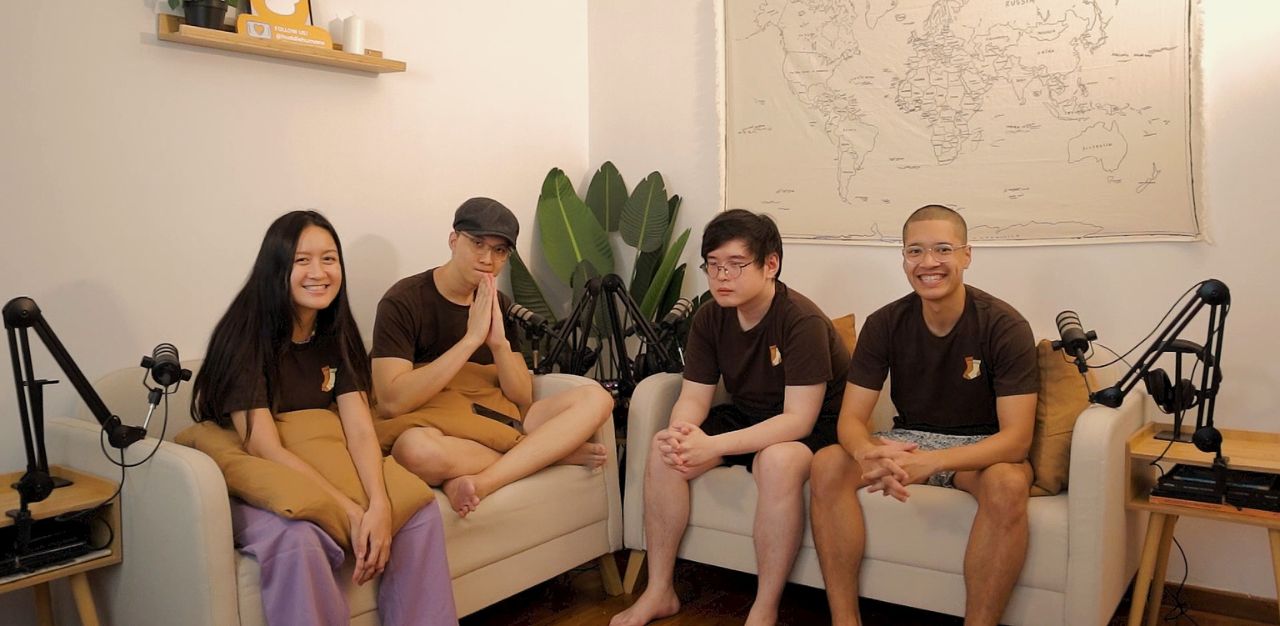
THG: After going through teething problems and building the international community, what goals do you have for the future for Huddlehumans?
VS: I’ll summarise it down to three goals. The first goal is to enact social change on a global scale. This is by reaching a world where it is normal to have mental health experiences. The second is to be a flourishing community where people are able to create and build social support systems easily in their lives. And the last goal is to make mental health support universally accessible.
We are laying the work to achieve these goals. As we grow, we will continue to reach out to different regions and expand strategically, and have our initiatives work around the cultures and traditions of the different countries, because they may see mental health differently from how a Singaporean sees mental health. We have advisors from countries such as Australia and the US. They are psychiatrists, social workers, counsellors, psychiatrists, and psychologists, who provide us with the necessary guidance and advice in these different regions.
Our communities are mainly in English speaking countries, and we are based out of Singapore and we want to start with Southeast Asia, APAC, before reaching out to the rest of the world. We have some initiatives in both the Middle East and Japan last year.
Our statistics show the majority of users are youths between the age of 15 and 35. But what’s surprising is that I’ve also encountered a lot of users over the age of 40, who use our platform. They actually interact with the youth and support and advice and also share their own mental experiences. So I thought that was very heartwarming to see as well.
We’re also in the process of getting funding to build our own specialised platform like an app so that we no longer need to rely on other tech platforms.
THG: What are some common mental health issues faced by Singaporeans today?
VS: Many Singaporeans have been experiencing depression and anxiety of late and this is reflected in many surveys. It’s not surprising as many Singaporeans have been badly affected by the nationwide measures used to curb the effects of Covid-19. The measures include enforced lockdowns, closure of schools, work from home policies, and disruptions to travel.
Though it is understood why such measures are required, we cannot deny that they have made a profound impact on our mental health and overall health and well being. It has dented the economy, young Singaporeans worry about their future, jobs, and finances. So here is where the symptoms of anxiety and depression arise.
THG: How much more do you think mental health awareness needs to be made in Singapore to overcome the taboos and stigmas you’ve mentioned?
VS: Covid-19 is definitely a catalyst in bringing out more awareness about mental health. There has been a very drastic change in the reporting of mental health subjects. When I started Huddlehumans in 2017, mental health wasn’t really looked at that much. But it’s definitely progressing now and I’m very happy about that.
Our ministers have implemented policies for mental health education. They’ve started with tertiary education, are moving it across to the primary and secondary schools, to create awareness among the students about mental health, which I thought was very good. The IMH conducted a National Mental Health Survey, which provides the statistics for everyone to see.
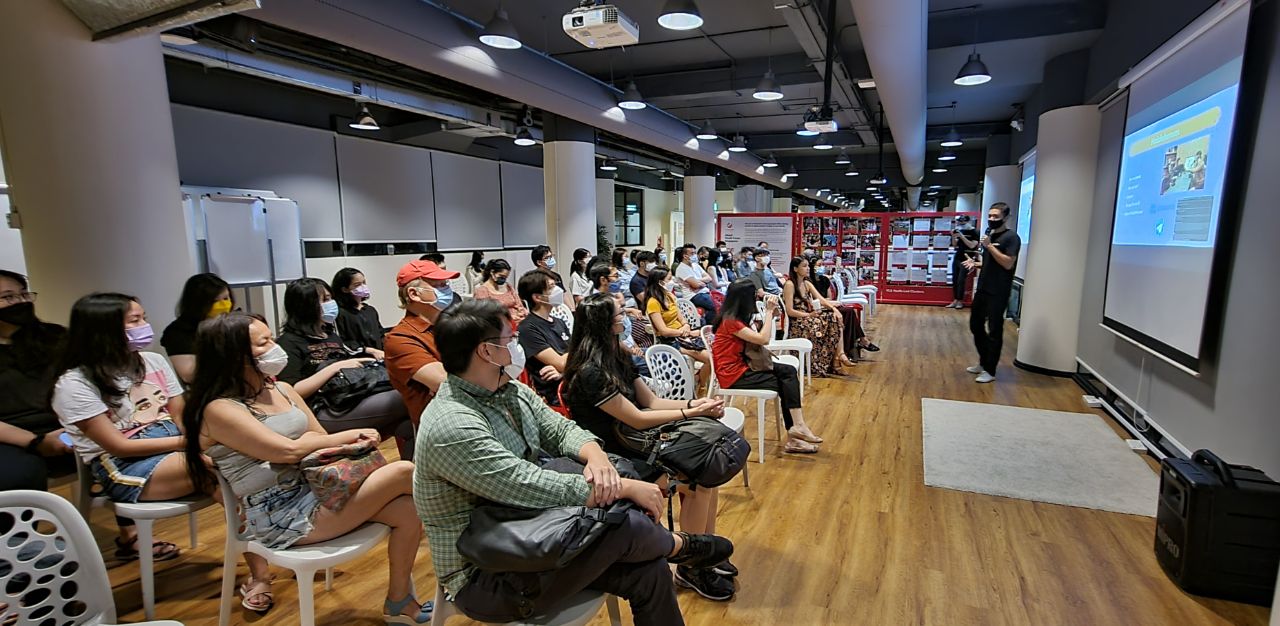
Compared to other regions such as Africa, where there is severe under reporting about mental health disorders, I think Singapore has measures and surveys in place to be transparent about the mental health statistics in the country. But in terms of mental health awareness, there’s still work to be done.
THG: What tips can you share with us and the average Singapore to better take care of our mental health?
VS: I’ll share two. The first one is to practise self care. Draw up a list of activities that you find enjoyable and engage in these activities from time to time. They will help reinvigorate yourself, and prevent burnout. Some simple examples can be catching a Netflix show, or reading a book, or even going for a light jog.
Another tip I would share is to try and build a mini support system. Even the simplest of support can make the biggest difference to our mental health. What you do not want to do is to bottle up your mental experiences, your feelings and isolate yourself completely from society. Humans are social creatures and withdrawing within yourself only leads to more harm than good. And if you cannot think of anyone in your life with whom you can share your mental experiences with, try giving online communities a chance. I personally have made amazing friends online, with whom I could share my troubles with.
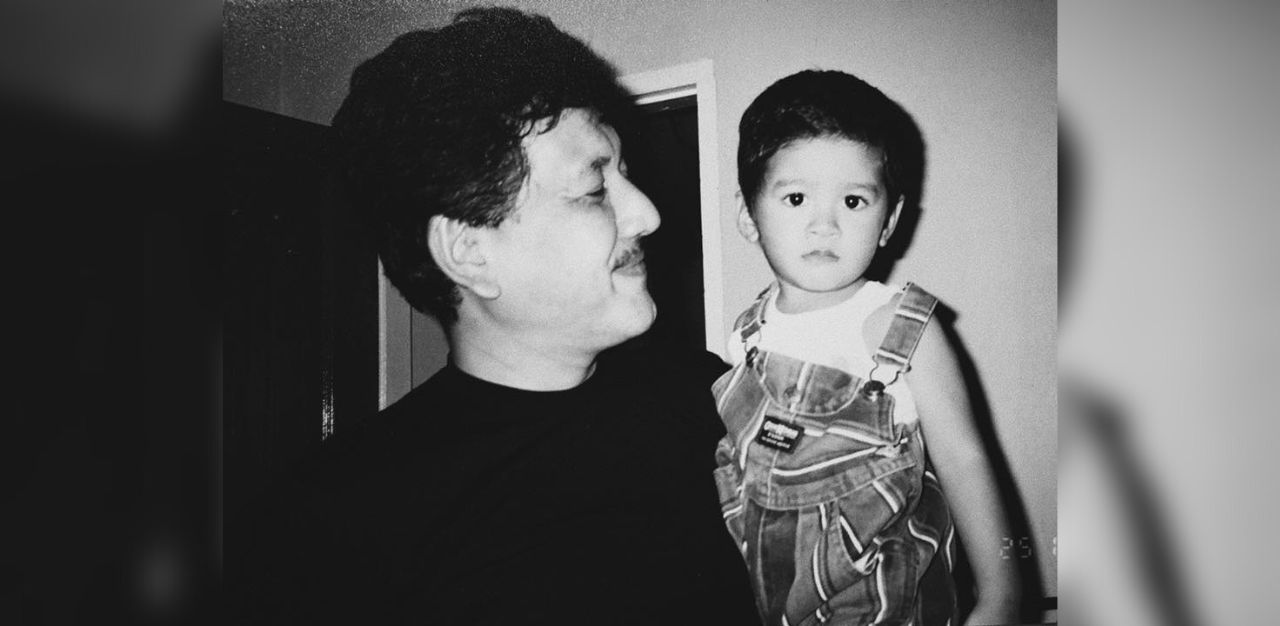
THG: Do you have a message for anyone reading this that might be struggling with their mental health?
VS: I want people to know that it is very normal to feel weak and vulnerable. It is called being human. You should never ever feel ashamed about it. No matter how lost, helpless, or alone you think you are, I can assure you that there will always be someone out there who is in the same way and is willing to hear and support you. So the important thing is to always pace yourself and once you feel ready to seek help, know that it is out there.
RELATED: In Conversation With Harold Koh, CEO and founder of Nextevo
Join the conversations on TheHomeGround Asia’s Facebook and Instagram, and get the latest updates via Telegram.

